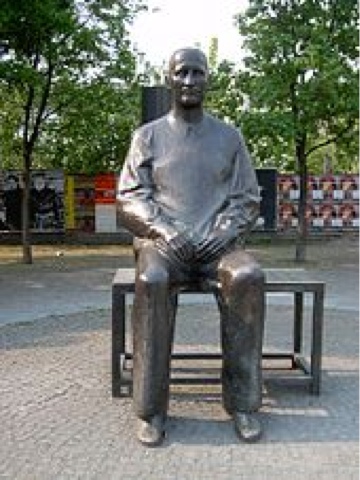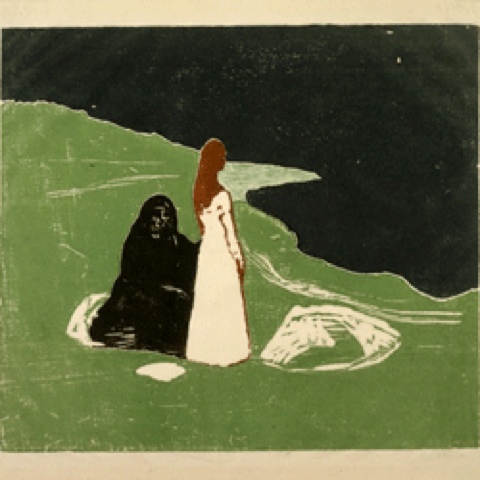Required reading for Scene Study at Birkbeck. This is split into 3 parts, developing the line of the same family, but each could stand on its own. My thoughts:
Aegamemnon
- pain and sacrifice are major themes. Also the "truth", and what this is.
- women are portrayed in very specific roles:
1. Innocence - Iphigenia, who is eventually killed as sacrifice
2. Whore - Helen (of Troy) who causes the war, out of which all events ensue
3. Manly - Clytemnestra, in this play is stoic, the word Manly is used to describe her as she acts in society without her husband.
4. Servant - Cassandra
- the imagery of lions stands out
Choephori
- vengeance
- family (what is family? What are the ties of family?)
- grief
- major images are to do with snakes, specifically Clytemnestra's dream
The Eumenedies
- builds on the previous, with a focus on duty & responsibility
Overall the women are what really stood out to me...The story itself is terrible, and a sad story of betrayal and the demise of a family.
image: Martha Graham as Clytemnestra (dancer) in 1958






